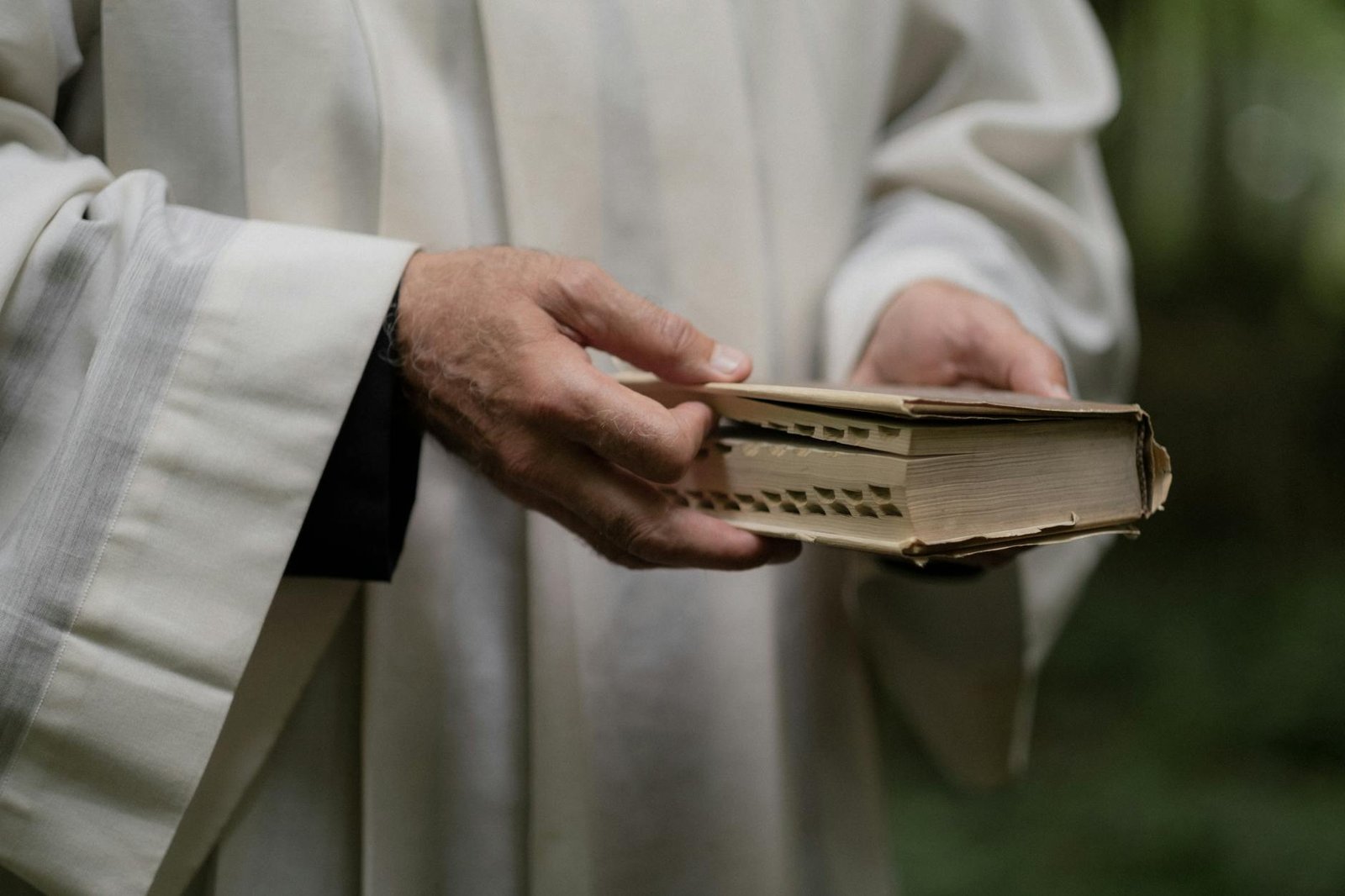
The Cost of Political Freedom: Heroic Sacrifices
Achieving political freedom throughout history has often necessitated significant sacrifices from individuals and communities alike. The struggle for freedom has frequently involved the threat or actual experience of violence, wherein many have risked their lives for the pursuit of liberty. These actions reflect not only personal courage but also a collective desire to dismantle oppressive systems that infringe upon human rights and dignity. In various revolutions and freedom movements, figures such as Che Guevara, Mahatma Gandhi, and the many anonymous faces of protestors reveal the lengths to which people are willing to go in the name of achieving political autonomy.
Heroic sacrifices have been central to many violent and non-violent revolutions around the globe. The American Revolution, for instance, involved numerous patriots who fought and often died in battles against the British Empire to secure the founding ideals of equality and self-governance. Similarly, the civil rights movement in the United States demonstrated how individuals courageously faced arrest, physical harm, and even death to challenge systemic racism and demand equal rights. These historical instances exemplify the profound implications of collective action, where individuals unite against tyranny, risking everything for the omnipresent cause of freedom.
However, the sacrifices made in the pursuit of political freedom raise critical moral questions. How far should individuals and societies be willing to go to achieve their goals? The potential consequences of such sacrifices can lead to both liberation and unintended ramifications, including prolonged conflict, social division, and loss of life. As the struggles for freedom evolve, it remains essential to contemplate the balance between the costs of these heroic measures and their ultimate impact on society. The discourse surrounding these sacrifices is vital to understanding the complexities inherent in the quest for political freedom and the enduring spirit of resilience among those who seek it.
Spiritual Freedom in Christianity: Letting Go of Sin
In the context of Christianity, the concept of spiritual freedom is intertwined with the notion of sin and personal sacrifice. According to Christian doctrine, sin is perceived as a state of enslavement that binds the soul, creating barriers that prevent individuals from experiencing true liberation. The process of attaining spiritual freedom often necessitates a committed effort to identify and relinquish sinful behaviors and temptations that lead one away from a righteous path.
The act of repentance is central to the Christian faith as it marks the first step toward reclaiming spiritual autonomy. Repentance involves a sincere acknowledgment of one’s wrongdoings coupled with a genuine desire to change. This transformative process encourages believers to examine their thoughts, habits, and associations, recognizing that some elements of their lives might actively contribute to their spiritual bondage. As Christians endeavor to align themselves with God’s will, these moments of reflection can inspire them to eliminate influences that propel them towards sin.
Practical examples of this commitment to spiritual freedom include engaging in regular prayer, studying scripture, and participating in community worship. These actions serve to strengthen one’s faith and reinforce a supportive environment fostering spiritual growth. Moreover, recognizing and addressing everyday temptations—whether they stem from relationships, entertainment, or societal pressures—can further illuminate the path toward a liberated existence. Individuals are encouraged to surround themselves with uplifting influences and actively participate in practices that cultivate their faith, such as volunteering or providing support to others in a spirit of compassion.
Through the lens of Christianity, the pursuit of spiritual freedom is a profound journey of letting go of sin. By embracing repentance and committing to personal sacrifices, believers can transcend their limitations and experience the true essence of liberation offered through faith. The transformation is not merely an act of relinquishing sin but a comprehensive shift toward a life defined by grace and spiritual fulfillment.
Financial Freedom: The Sacrifice of Consumerism
The pursuit of financial freedom is a journey that necessitates considerable sacrifices, especially in a society heavily influenced by consumerism. The allure of immediate gratification often leads individuals down the path of debt and material excess, which can hinder one’s ability to achieve true financial independence. By recognizing the importance of frugality and disciplined spending, individuals can cultivate habits that prioritize long-term financial health over short-lived indulgences.
One of the foundational principles of attaining financial freedom is the commitment to a frugal lifestyle. Embracing frugality does not imply an absence of enjoyment but rather a deliberate choice to make smarter financial decisions. This can include refraining from unnecessary purchases and opting for alternatives that provide value without excess. Engaging in conscious spending allows for the reallocation of funds towards investments and savings, creating a foundation for future financial security.
Budgeting also plays a critical role in achieving financial independence. A well-structured budget helps individuals track their income and expenses, illuminating areas where overspending occurs. By prioritizing essential expenditures and eliminating non-essential ones, individuals can redirect resources toward achieving financial goals. This disciplined approach ensures that one remains accountable for their financial choices, ultimately reducing debt and enhancing savings.
In addition to budgeting and frugality, smart investing can significantly contribute to one’s journey towards financial freedom. Investing in assets that appreciate over time, such as stocks or real estate, can provide a substantial return on investment, which complements the other efforts toward financial liberation. Understanding the risks and rewards of various investment options is essential, as it empowers individuals to make informed decisions on their financial journey.
In conclusion, achieving financial freedom involves a multifaceted approach that necessitates the sacrifice of consumerism. By adopting frugal habits, implementing rigorous budgeting practices, and strategically investing, individuals can escape the pitfalls of debt and material excess, ultimately fostering a pathway to financial independence.
Balancing Freedom and Sacrifice: A Holistic Approach
Understanding the intricate relationship between freedom and sacrifice is essential for a fulfilling life. In a political context, freedom often necessitates sacrifices such as civic duty and civic engagement. Individuals may find themselves advocating for change or supporting policies that align with their values, which can demand time and effort. Political freedom, thus, does not merely exist; it is cultivated through participation and, at times, discomfort. Acknowledging this can lead to a deeper appreciation of the systems and privileges we enjoy.
Similarly, spiritual freedom encompasses a journey of inner reflection and growth. This realm often requires sacrifices in the form of letting go of limiting beliefs and embracing vulnerability. Those who seek spiritual enlightenment may find themselves grappling with questions that shake the very foundations of their existence. These sacrifices pave the way for personal transformation and a profound sense of peace, underscoring the inherent interplay between freedom and personal growth.
Financial freedom is another crucial dimension, encapsulating both independence and responsibility. Achieving financial autonomy typically involves strategic sacrifices such as saving, investing, and occasionally forgoing immediate gratification for long-term gains. These financial choices can foster a sense of empowerment as individuals reclaim control over their economic destinies. Often, the sacrifices made in this area reflect personal values and priorities, intertwining with broader concepts of freedom.
The interconnectedness of political, spiritual, and financial freedom illustrates that sacrifices made in one area can enhance and inform our understanding of others. Each type of freedom enriches the experience of the others, creating a holistic picture of what it means to be free. As individuals reflect on their journeys, they are encouraged to consider the sacrifices they are willing to make to achieve a comprehensive understanding of freedom, thus aligning their actions with their core values and aspirations.







